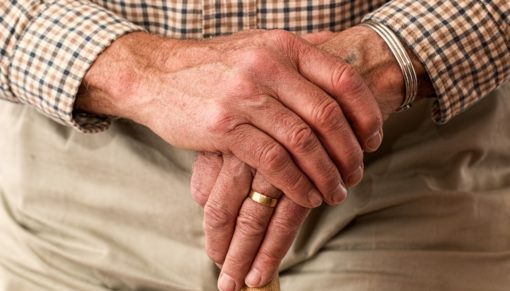How Labour Can Win the Elderly Vote?
January 25 2019Recent articles in the Voice and on the Retired Members Website have highlighted the problem that the Labour Party had attracting the votes of the elderly in the 2017 General Election. Whilst it’s true that Corbyn confounded his critics and produced a far better vote for Labour than any of them had predicted they have some way to go if the want to win in 2022. In fact, under Corbyn, Labour increased their share of the vote by more than any other leader since Attlee in 1945. However the total number of votes achieved by Corbyn was still short of the 13,518,167 Blaire got in 1997 but more than he got in 2001(10,724,953) and 2005 (9,552,436). In 2017 Corbyn got 12,878,460. According to an article in the Independent in June 2017 he was just 2,227 votes from having a chance to become Prime Minister if he had won just seven seats narrowly taken by the Tories. This would have required an alliance with all the other smaller parties, barring the Democratic Unionist Party, but shows the closeness of the result.
However this didn’t happen and a major factor in that was Labour’s failure to attract the over 47 vote and in particular the elderly vote. The Conservatives 2007 manifesto was described by Conservative MP Nigel Evans as appalling and in particular, he described their policies towards the elderly as like ‘Trying to steal granny’s house after she died’ and ‘a full frontal assault on our core supporters’ and that the only thing missing from their manifesto was ‘compulsory euthanasia for the over 70s’. He was talking about their manifesto policies which threatened to remove the ‘triple lock’ on pensions that guarantees the elderlies real income does not fall, ditching universal winter weather payments and changes to social care that would force the elderly to sell their homes if they required medical care in old age, the so called ‘dementia tax’. The fact that these were all dropped from the Queen’s Speech was apparently due to pressure from the Cabinet worried about the long term effects on their elderly support.
So what can Labour do to remedy this? To begin with the elderly must receive the same priority as the disabled, BAME, youth and the sick. Labour’s manifesto had hardly a page dealing with policies to support the elderly. The state pension in the UK is the lowest, as a percentage of average income, of any developed country. Labour must promise to make remedying this a priority for the next Labour Government. Many poor pensioners live lonely and isolated lives often not having personal contact with anyone but their carers. Four million pensioners say that their TV is their closest friend and thousands die unnecessarily each winter as a consequence of inadequate heating.This is a national disgrace and as a consequence they are often frightened to go out or open their doors. Is it any wonder they are susceptible to the daily propaganda from the mainstream media and Conservative Party. The promise of dignity in old age will not only attract the support of the elderly but also those approaching retirement age, many of whom have seen their occupational pensions reduced or threatened in recent years.








